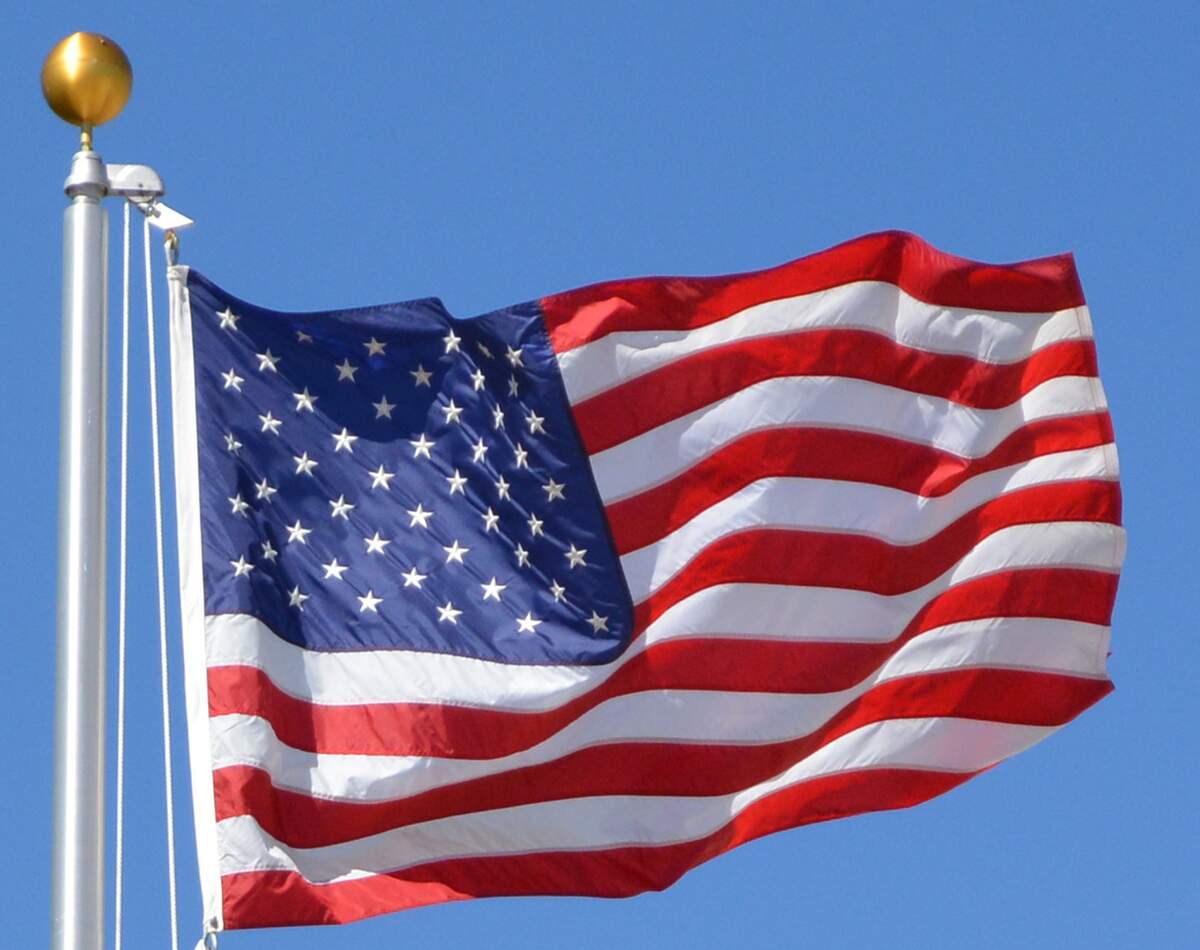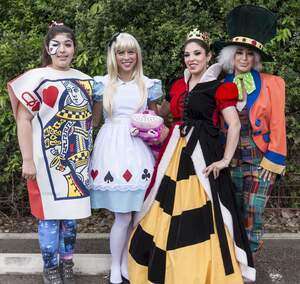

Independence Day
Also known as
Fourth of July
July Fourth
Observed
annually on July 4th (since 1777)
Dates
Tags
Federal & Official
History & Culture
Military & Patriotic
Hashtags
Sources
Independence Day, also known as the Fourth of July, or July 4th, takes place on the anniversary of the adoption of the Declaration of Independence. It celebrates the United States and its independence from Great Britain. It is a patriotic holiday extolling the positive aspects of America, and themes such as freedom and liberty.
The Revolutionary War began in April 1775, at a time when many still did not want complete independence from Britain. This sentiment was changing by mid-1776, fueled by things such as the publication of Thomas Paine's Common Sense. On June 7, the Continental Congress met at the Pennsylvania State House—a building now known as Independence Hall. Henry Lee, a delegate from Virginia, introduced a motion calling for independence for the colonies. It was contentiously debated, and a vote on the matter was postponed. A committee was appointed to write a statement outlining the reasons why a break from Great Britain was necessary. The committee consisted of John Adams, Roger Sherman, Robert Livingston, Benjamin Franklin, and Thomas Jefferson—who became its main author.
On July 2, the Continental Congress voted in favor of Henry Lee's resolution for independence. Two days later, on July 4, the Declaration of Independence was adopted. Although this was not the actual day of the vote for independence, it became celebrated as Independence Day. The first public reading of the Declaration of Independence took place on July 8, and the document began being signed on August 2. It is interesting to note that both Thomas Jefferson and John Adams died on July 4, 1826, on the fiftieth anniversary of the adoption of the Declaration of Independence.
The King's birthday had been celebrated in the colonies in the years leading up to independence. Festivities included bonfires, the ringing of bells, processions, and speeches. During the 1760s and early 1770s, King George III was still celebrated, but Parliament was disparaged. But, in the summer of 1776, some held mock funeral celebrations for the king, illustrating how the monarchy would no longer control colonists.
Celebrations that were modeled after the king celebrations followed soon after the Declaration of Independence was adopted. They consisted of parades, concerts, bonfires, and the firing of cannons and muskets. The reading of the Declaration also became part of the festivities. The first annual commemoration was held in Philadelphia on July 4, 1777, while the Revolutionary War was still raging on. In 1781, Massachusetts became the first state to make the day an official state holiday. Political leaders often addressed crowds on the day. The goal was often to create unity, but by the mid-1790s, the Federalist and Democratic-Republican parties were holding separate politically oriented celebrations in large cities on the day.
Following the War of 1812, the holiday became more widespread. Still, it wasn't until 1870 that Congress made the day a federal holiday. It did not become a paid holiday for federal workers until 1941. In the late nineteenth century, there began to be a focus on leisure activities on the day, with family get-togethers, barbecues, and fireworks being big parts of the day. Around that same time, the Safe and Sane Fourth of July movement came about, in response to heavy drinking that often went with the day, as well as injuries that came from fireworks.
Today the day does not have the same political importance it once did, although politicians still speak at many events. The day is commonly celebrated with parades, fireworks, concerts, barbecues, picnics, family gatherings, and watermelon and hot dog eating competitions. Sporting events and activities often take place, such as baseball games, tug-of-war, three-legged races, and swimming. The displaying of the American flag is an important part of the day. Many people also take an extended weekend and travel somewhere for vacation on the days surrounding the holiday.
How to Observe Independence Day
There are many ways you could celebrate Independence Day:
- Read the Declaration of Independence.
- Fly the American flag.
- Go to a parade.
- Attend a barbecue, picnic, or gathering with friends.
- Attend a Fourth of July concert.
- Attend fireworks in your community.
- Light off your own fireworks.
- Listen to patriotic songs, or songs fitting for the Fourth of July.
- Learn the words to "The Star-Spangled Banner," the country's national anthem.
- Participate in or attend a sporting event, or a watermelon or hot dog eating competition.
- Take a vacation somewhere. You could see the Declaration of Independence, as well as other important documents, at the National Archives Museum in Washington D.C. You could also visit Independence Hall or the Statue of Liberty.





















